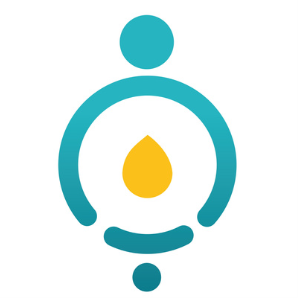
Mothers' Milk Bank of the Western Great Lakes
Pasteurized Donor Human Milk FAQ
Who We Are
Mothers’ Milk Bank of the Western Great Lakes (Milk Bank WGL) saves tiny lives by collecting, pasteurizing, and dispensing donor human milk to premature babies and pediatric patients. As a registered 501(c)(3) non-profit member of the Human Milk Banking Association of North America, we are proud to serve over 75 hospitals and thousands of families throughout Wisconsin and Illinois.

Our History
In 2011, local experts in pediatrics and infant nutrition founded Milk Bank WGL. In 2016, Milk Bank WGL earned full accreditation from the Human Milk Banking Association of North America (HMBANA). As a food processing facility, we are regulated by the Food and Drug Administration, the Illinois Department of Public Health, and the Elk Grove Village Health Department. In addition, we are licensed by the Illinois Department of Financial and Professional Regulation as a Durable Medical Equipment provider.

Donor Milk is Life-Saving!
Donor milk protects premature babies in the hospital and supports the nutritional needs of chronically ill children at home. Preterm infants have fragile, underdeveloped gastrointestinal systems. For these patients, human milk reduces the risk of necrotizing enterocolitis (NEC), a dangerous condition associated with significant morbidity and mortality. We provide donor milk for these infants when a parent’s own milk is not available, as endorsed by the American Academy of Pediatrics
What is a Donor Milk Depot?
Milk depots are designated sites where approved donors drop off their frozen breast milk. The depot then helps transport collected donor milk donations to Milk Bank WGL for screening and processing. Milk depots safeguard our donor human milk supply for babies and families that need it most! For more information regarding Milk Bank WGL or the donation process, please visit milkbankwgl.org.
Donation Process

-
Join the KMC TeamView Positions
Explore career options with Kirby Medical Center.